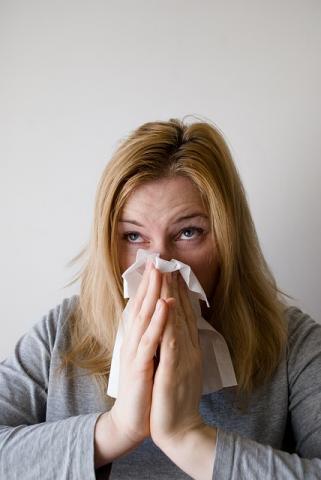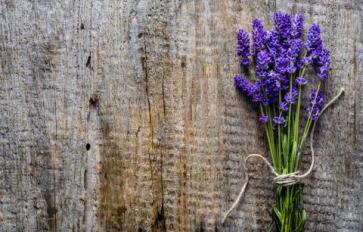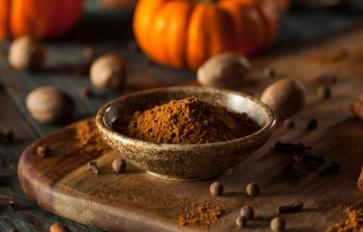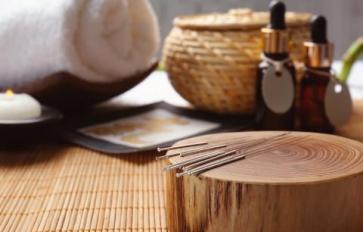
The insurance-medical-pharmaceutical complex generates billions of dollars in revenues annually from people with seasonal allergies. There’s no cure. This leaves only lifestyle, prevention and treatment considerations for anyone seeking some relief.
Choosing how to alleviate allergies is an important personal choice. It’s deciding between the profit-oriented healthcare industry selling products and services versus Ayurveda holistic medicine seeking optimal body and mind balance for health. Allergy industry advertising and marketing promote retail medicine, rather than holistic wellness.
Ayurveda is a more integrated approach for dealing with the causes and effects of allergies. Popping allergy pills can be a last resort option. Thinking your symptoms are making you miserable goes a long way to actually feeling miserable. Western medicine seems at times too heavy-handed for living in harmony with nature, which unfortunately includes hay fever.
Allergies and associated symptoms are caused by exposure to pollen, mold and other substances. More than 50 million Americans are affected by allergies. Among the most common symptoms are nasal congestion, headaches, sneezing, wheezing, runny nose, itchy and watery eyes, scratchy throat and coughing.
There are many home remedies and lifestyle adaptations for relieving the symptoms and avoiding some of the worst reactions when exposed to allergens. Perhaps the most well-known is the Ayurveda neti pot for cleansing the nasal passages with salt water. Some claim yoga helps rebalance the body to alleviate allergy symptoms.
What follows are recommendations and behavioral suggestions from the American Academy of Allergy, Asthma & Immunology, Mayo Clinic and other allergy experts for alleviating and avoiding symptoms as much as possible. Some offer merely temporary relief, but they can be combined with others as part of regular lifestyle habits and environmental tweaks to mitigate symptoms.
- Wear wraparound sunglasses to keep allergens from entering the eyes.
- Avoid air-drying clothes outside where allergens accumulate.
- Open windows only partially or not at all to keep allergens outside.
- Shower in the evening to wash allergens off your hair and skin.
- Bathe pets more frequently to wash pollen off their fur.
- Breathe steam whenever possible to alleviate congestion, including steam rooms and hot showers. Eucalyptus oil can be added to shower floors for added steam relief, opening nasal passages.
- Inhale steam from hot tea (especially peppermint tea) and other steaming hot foods.
- Eat spicy hot foods including hot chili peppers, garlic, horseradish, mustard and onions to help clear nasal passages.
- Eat local raw honey to gradually desensitize immune system reactions to local pollens.
- Change clothes after spending time outdoors and wipe off shoes to avoid bringing allergens indoors.
- Avoid outdoor activities on dry windy days when the air is swirling with allergens.
- Plan outdoor activities and exercise later in the afternoon, because pollen counts are highest during mornings. Similarly, pollen counts are lowest after rain clears the air.
- Keep grass trimmed to 2 inches to prevent it from pollinating and make it less able to trap pollen from nearby flowers and trees.
- Use HEPA filters on vacuums, air conditioners and furnaces to trap allergens.








